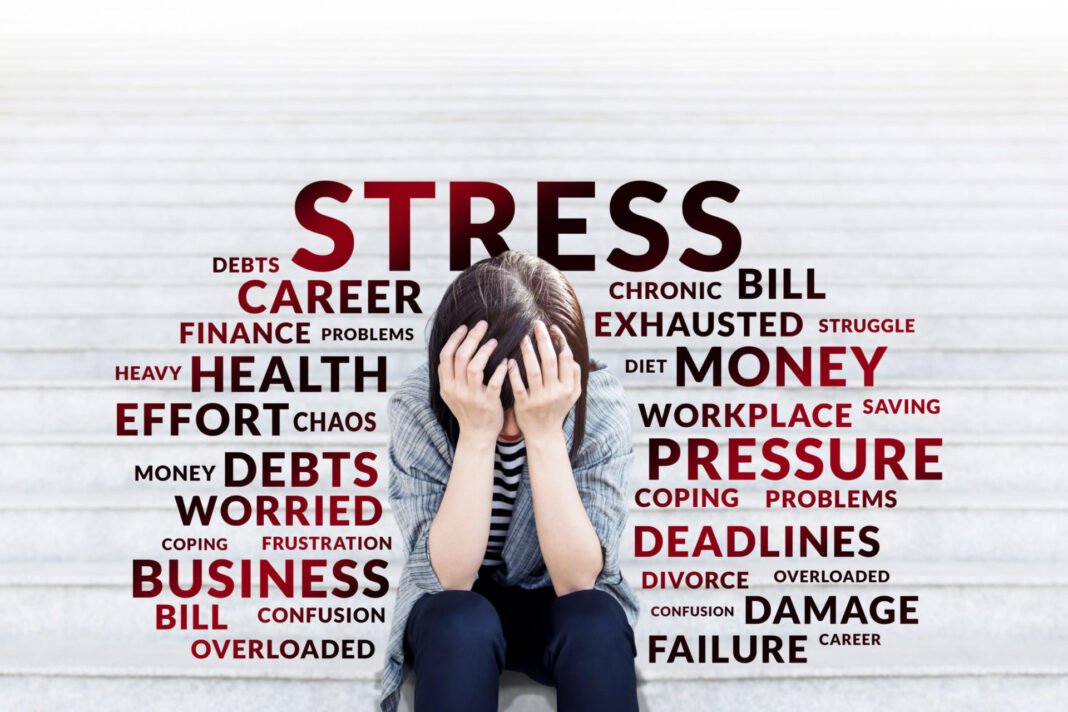Stress has become an inevitable part of modern life, affecting people of all ages and backgrounds. From work pressures to personal challenges, the causes of stress can vary greatly. Understanding the triggers and effects of stress is crucial for maintaining mental health and overall well-being. In this article, we will delve into the different aspects of stress, explore its causes and effects, and discuss effective coping strategies to manage and reduce stress levels.
Stress can stem from various sources, including work-related pressures, relationship issues, financial concerns, and health problems. Each individual may respond differently to stress, but common physical and emotional symptoms include headaches, fatigue, irritability, anxiety, and difficulty concentrating. Prolonged exposure to stress can have detrimental effects on both mental and physical health, leading to increased risk of anxiety disorders, depression, and various other health conditions.
To effectively manage stress, it is important to employ coping strategies that promote relaxation and overall well-being. One of the key approaches to stress management is practicing self-care. Engaging in activities that bring joy and relaxation, such as hobbies, exercise, and spending time in nature, can significantly reduce stress levels. Additionally, relaxation techniques like deep breathing, meditation, and mindfulness have shown promising results in alleviating stress and promoting mental clarity.
Taking care of one’s mental health is equally important in stress management. Seeking support from friends, family, or professional therapists can provide valuable guidance and assistance. Cognitive-behavioral therapy (CBT) is a widely recognized therapeutic approach that helps individuals reframe negative thoughts and develop healthier coping mechanisms.
Incorporating healthy lifestyle choices can also contribute to stress reduction. Regular exercise not only improves physical fitness but also releases endorphins, which are natural mood elevators. A balanced diet rich in nutrients supports overall well-being and helps combat the negative effects of stress.
Stress is a common and pervasive issue in today’s society. Recognizing the causes and effects of stress is the first step towards effective stress management. By implementing coping strategies such as self-care, relaxation techniques, seeking support, and maintaining a healthy lifestyle, individuals can proactively manage stress levels and improve their overall well-being. Prioritizing mental health and taking necessary steps to reduce stress is essential for leading a fulfilling and balanced life.




